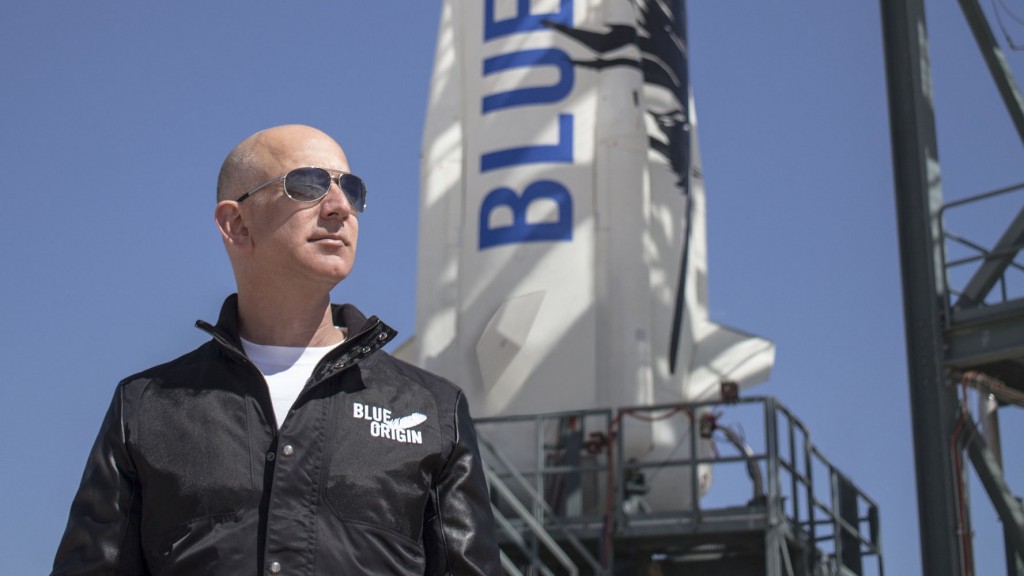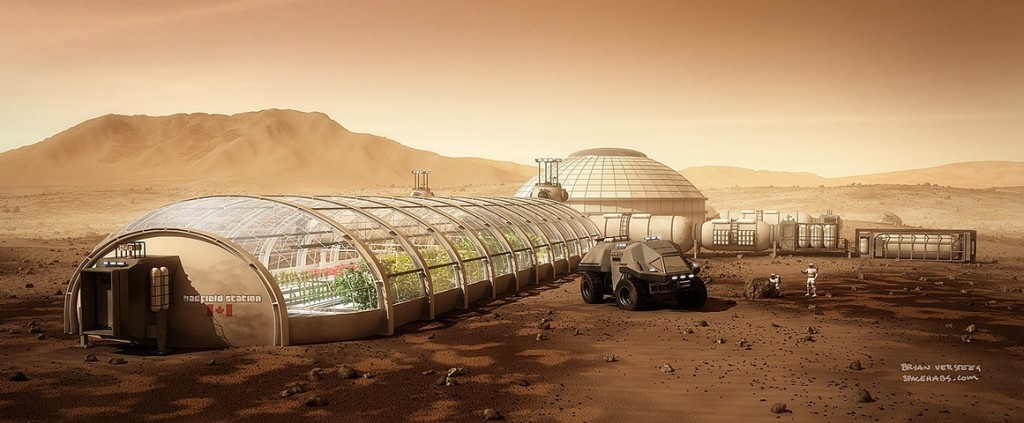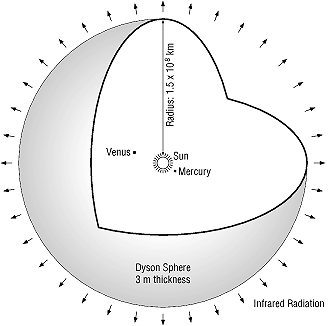On the 21st of June, Jeff Bezos, founder of Blue Origin (but more widely known as the CEO of Amazon) was announced as the third recipient of the Heinlein prize for his feats regarding accessibility of space for the common man. His Blue Origin has achieved important milestones in rocket reusability and orbital vessels, but this is far from what makes him and his little known agency outstanding. Bezos plans on, along with other private entrepreneurs such as Elon Musk and Richard Branson, kickstarting human expansion into space and beginning a multi-planetary empire.
Bezos is certainly ambitious on his expectations for us as a species, but he does have a plan. He envisions a future where mankind is spread across the entire Solar System, maybe even beyond, with Earth being a “residential planet” and heavy industry being confined to inhospitable planets with only colonies to maintain them. Our presence in space would number in the millions, perhaps even billions, with a massive, dynamic and interconnected society communicating and exchanging ideas throughout the vast sidereal space, always expanding into the unknown. This may be an optimistic, adventurous view of the future, but Bezos claims our future lies outside planet Earth.
According to him and many other scholars, it is essential to colonise Mars or even the Moon because, essentially, Earth needs a backup much like a computer. As far as we know, Earth is the only planet in the universe that contains life in any way, shape or form, and as such, we can’t risk its destruction with an asteroid impact, gamma ray burst or environmental collapse, since that would be the end of all known life. Which means, we need a colony outside of Earth so that if a catastrophe does happen, at least some humans and animals will still exist and be able to spread and repopulate somewhere else. It is not only a matter of striving for interplanetary greatness, but of survival of all known life, to colonise other planets as soon as possible.
So, if we must go beyond the pale blue dot, how are we going to do it? Since we still don’t really have the technological capabilities for building even a basic colony on Mars, we must start with the first frontier – the atmosphere. Blue Origin has already taken steps towards launching heavy weight carrying rockets into orbit, which Jeff Bezos hopes will in the near future start a market for space tourism, where people would pay to go into orbit and enjoy the breathtaking views of Earth beneath their very feet as they float in a confined shuttle. If space tourism becomes a thing, competition will become a propelling force, driving space agencies to go farther and farther until we have the technology to make routine trips to the Moon or even Mars. Then it would be a matter of having the technology to settle, and we will then have taken the very first step towards the colonisation of space.
Space exploration is an uncertain and potentially dangerous enterprise, but also extremely rewarding. With the colonisation of the Americas beginning in the 15th century, the mineral and agricultural riches of the New World were so abundant an invaluable that they helped catapult western Europe towards the centre of human civilisation, sparking movements such as the Enlightenment and empire building. Colonising space will be the same. We will revel in the mineral wealth the many planets out there offer, creating planet spanning industrial powerhouses capable of fueling monumental projects, such as building massive colony spaceships or even a Dyson sphere, ensuring an incremental growth of our civilisation. At such a pace, humankind would be present in so many planets and satellites that our species would become essentially immortal.
But let’s not get hasty. It’s still 2016, some people still believe vaccines are harmful and racism still lingers in the collective conscience. We still have a long way to go, but as soon as we take the first step, we walk down a glorious path from which we cannot return. There are men and women today fighting for our right to space, and those are the true unsung heroes of this generation. Our progress is slow yet steady, but our future has never been brighter.




Great post Pedro! My question is, is any of this feasible for the world at the moment. Civil War, countries in massive debt (including the leading economies like the US and China), people starving in Africa and huge refugees from Syria, is this something anyone would even go for? Hell, we haven’t still explored the majority of our ocean’s. With no real threat to the world at the moment (that we know of), how can you convince the UN that we can need this right now? Most likely, until our hand is forced or we are more connected as a planet or maybe even if technology advances, this is a dream that will stay a dream.